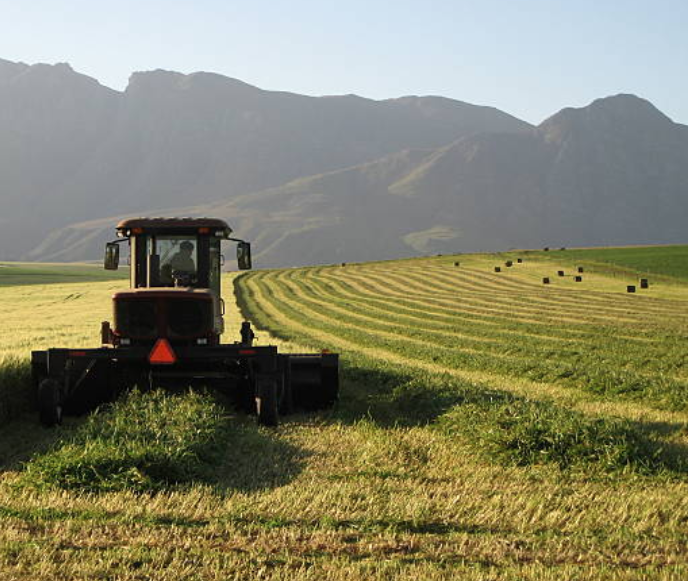
Posted on Wednesday, October 9, 2024
South Africa's agricultural sector plays a crucial role in the economy, supporting food production and creating jobs. A key element of this sector's success is the efficient infrastructure that ensures farms operate smoothly. Roll forming machines are instrumental in this regard, offering a range of solutions tailored to the unique needs of the agricultural industry.
1. Metal Panels for Buildings and Storage
Roll forming machines are used to produce high-quality metal panels that are essential for constructing agricultural buildings. These panels offer durability and protection against the harsh South African climate, ensuring that equipment and produce remain safe. Additionally, these metal panels can be customized in various profiles and finishes, enhancing their aesthetic appeal while maintaining functionality.
2. Storage Silos
The production of storage silos is another critical application of roll forming technology in agriculture. Roll forming machines create strong, lightweight metal components that make up the structure of silos, allowing for efficient storage of grains and other agricultural products. The ability to produce silos in various sizes and capacities means that farmers can optimize their storage solutions according to their specific needs.
3. Fencing Solutions
Effective fencing is vital for protecting crops and livestock. Roll forming machines manufacture robust metal fencing that is resistant to weather conditions and wear. These fences not only provide security but can also be customized to fit the aesthetic and functional requirements of each farm.
4. Enhancing Productivity
The speed and efficiency of roll forming machines allow for rapid production of these essential components, reducing lead times and enabling farmers to quickly adapt to changing demands. This agility is especially important in the agricultural sector, where time-sensitive projects can directly impact productivity and profitability.
5. Sustainability and Cost-Effectiveness
Using roll forming technology also supports sustainable practices in agriculture. The metal materials produced can be recycled, reducing waste and promoting environmental responsibility. Moreover, the durability of roll-formed products leads to lower maintenance costs, making them a cost-effective solution for farmers.
In conclusion, roll forming machines are pivotal in supporting South Africa's agricultural sector by producing essential infrastructure components like metal panels, storage silos, and fencing. As the industry continues to evolve, the flexibility and efficiency of roll forming technology will play an increasingly vital role in enhancing agricultural productivity and sustainability.

Used Purlin Roll Forming Machines for Sale Worldwide
Posted on Sunday, January 25, 2026
Pre-Owned Roll Forming Machines for Purlin & Structural Steel Profiles

Used Roof Panel Roll Forming Machines for Sale Worldwide
Posted on Sunday, January 25, 2026
Pre-Owned Roll Forming Machines for Roofing Panel Production

Used Roll Forming Machines for Sale Worldwide
Posted on Tuesday, January 20, 2026
Pre-Owned Roll Forming Machines with Inspection, Verification & Global Support

Steel Coil Supply for Roll Forming Machines Worldwide
Posted on Tuesday, January 20, 2026
Reliable Steel Coil Supply for Roll Forming, Fabrication & Manufacturing Applications
Copyright 2026 © Machine Matcher.